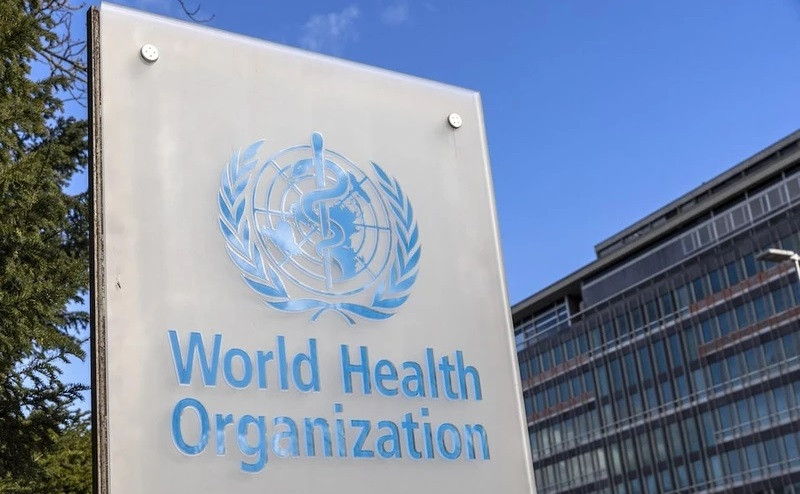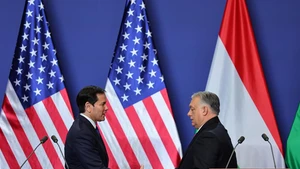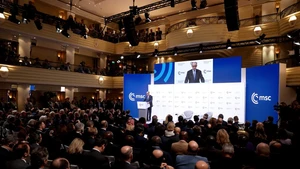In the context of increasingly complicated health challenges, the need to ensure the maintenance of WHO’s operations is even more urgent. The United Nations affirmed its support for the role and work of WHO in the global healthcare system.
The year 2024 is coming to an end with the proud achievements that WHO has achieved in its efforts to protect people’s health. With the support of the world’s largest multilateral health organisation, Egypt has been free of malaria after nearly 100 years of fighting this disease.
Maternal and neonatal tetanus has been eliminated in Guinea, measles has been completely eradicated in the Americas, while more than 12 million doses of malaria vaccine have been distributed to 17 African countries.
WHO Director-General Tedros Adhanom Ghebreyesus emphasised that WHO’s efforts have significantly contributed to improving people's health.
Over the past 5 years, 1.2 billion people have lived healthier lives thanks to a healthy living environment, nearly 430 million more people have had access to essential health services, and 600 million people have been better protected against health emergencies.
When the COVID-19 pandemic broke out strongly, WHO stood shoulder to shoulder with countries to overcome the most turbulent period. Currently, WHO continues to take the lead in promoting the signing of a global treaty on pandemics.
The above achievements are vivid evidence of WHO’s most important position in the global health system. That “leading” role has been recognised by the international community.
In a statement released on December 23, UN Deputy Spokesperson Stephanie Tremblay noted that WHO is doing very important work for global public health and the United Nations continues to support and accompany this multilateral health organisation.
The UN statement was made in the context of recent media reports about the possibility that the transition team of US President-elect Donald Trump plans to withdraw the US from WHO.
Analysts said that the above scenario is entirely possible, because during his first term as President, Donald Trump initiated this plan after criticising WHO’s response to the COVID-19 pandemic.
The US is currently the largest donor to WHO, contributing about 16% of the budget in the 2022-2023 period. Therefore, analysts are concerned that the US withdrawal could be a “hard blow” that causes WHO to lose important resources to respond to public health crises, while weakening WHO’s role in addressing global health challenges.
This situation once again raises questions about ensuring resources for WHO’s operations. Many experts believe that unstable finances are one of the reasons why WHO lacks flexibility in responding to unusual crises.
WHO Director-General Ghebreyesus once admitted that during the COVID-19 outbreak, the organisation encountered many difficulties in struggling to find funding to respond to the pandemic.
While the budget is tight, the burden on WHO is increasing as it must respond to many medical emergencies at the same time, from conflicts and natural disasters to infectious disease outbreaks. According to the WHO head, the conflict has caused polio to re-emerge in the Gaza Strip.
Monkeypox in Africa remains a concern as cases continue to rise in the Democratic Republic of Congo, Burundi and Uganda. Nearly 15 million people worldwide are in urgent need of access to health services. Meanwhile, 2024 saw nearly 1,400 attacks on healthcare facilities in 14 countries and territories.
The health challenges facing WHO are also common threats to all of humanity. In this context, ensuring sustainable financial resources is a key factor to help WHO build a stronger foundation to continue accompanying countries in their efforts to care for people’s health.
















